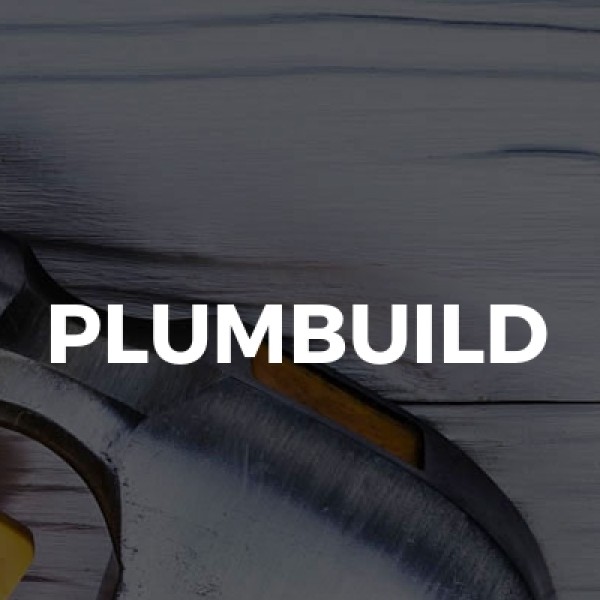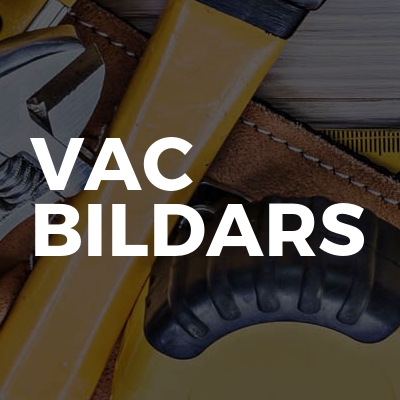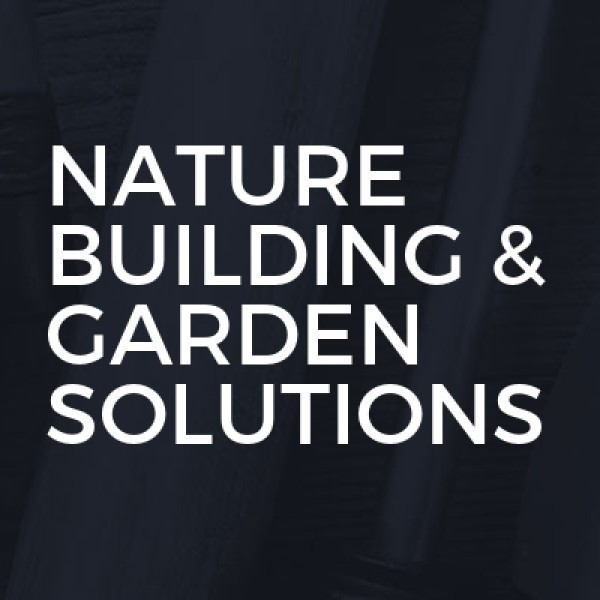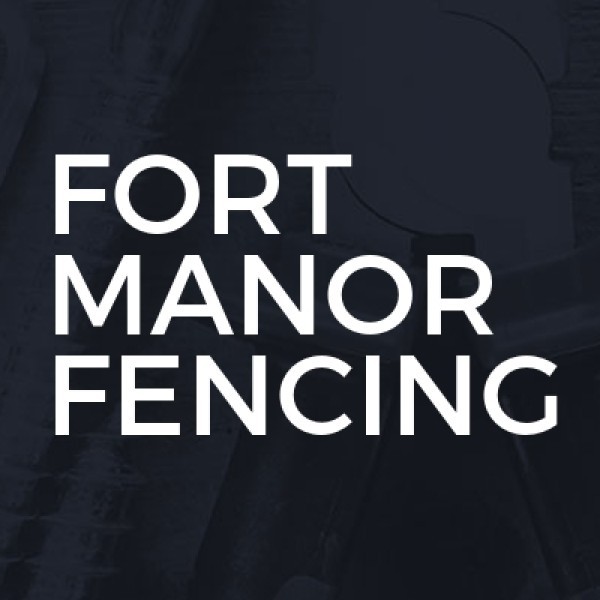Garden Fencing in Catford
Welcome to NJ Fencing And Construction LTD, your premier choice for landscaping, garden fencing, building, renovations, and property refu... read more »
Welcome to Plumbuild, your go-to solution for all plumbing and property maintenance needs in South Croydon an... read more »
Welcome to V.Ozols, your trusted partner for all your landscaping and groundwork needs in Becontree, Barking & Dagenham, London. As a fam... read more »
Glow Roofing Ltd: Your Trusted Tradespeople in Beddington Corner and Sutton, London
Welcome to Glow Roofing Ltd,... read more »
Welcome to S.O.C.A. Engineering Ltd, your trusted partner for all your building and property... read more »
Welcome to South Landscape, your go-to experts for all landscaping and property maintenance needs in Ladywell, L... read more »
Welcome to SAF Construction Consultant, your premier choice for construction services in South Tottenham and the wider Haringey, London a... read more »
Jim Building & Property Services Ltd stands as a beacon of excellence in the construction and renovation industry, right... read more »
ACE Property Maintenance is a premier service provider based in West Yoke, offering a comprehensive ran... read more »
Welcome to J & M Loft Conversions Ltd, your go-to experts for all building needs in Barking & Dagenham, London. As a leading Dagenham-bas... read more »
Welcome to Alphahomeimprovements,your go-to tradespeople in Croydon, London. Nestled in Addington, we proudly offer a comprehensive range... read more »
Welcome to Kinvek Construction, your premier choice for builders, carpenters, and a wide array of tradespeople services in Stonewood and... read more »
Welcome to Vac Bildars, your go-to experts for all your home improvement needs in the vibrant area of Wembley Park, Brent, London. Our de... read more »
Nature Building & Garden Solutions, based in Stone, is your premier choice for all building and landscaping needs across... read more »
Welcome to GT Landscapes, your trusted partner for exceptional landscaping services in West Kingsdown and across the pic... read more »
Welcome to Fort Manor Developments Ltd, trading as Fort Manor Fencing, your premier choice for fencing services in Bromley, London. Based... read more »
Welcome to... read more »
Welcome to G & S Gardens, your trusted partner for al... read more »
Search Garden Fencing in places nearby
Understanding Garden Fencing in Catford
Garden fencing in Catford is more than just a boundary marker; it’s an essential part of your outdoor space that offers privacy, security, and aesthetic appeal. Whether you’re looking to keep your pets safe, enhance your garden’s beauty, or simply mark your property lines, choosing the right fence is crucial. In this article, we’ll explore various aspects of garden fencing in Catford, from materials and styles to installation tips and maintenance advice.
The Importance of Garden Fencing
Garden fencing serves multiple purposes. It provides a sense of security by keeping unwanted visitors out and pets in. It also offers privacy, allowing you to enjoy your garden without prying eyes. Moreover, a well-chosen fence can enhance the aesthetic appeal of your garden, complementing the landscape and architecture of your home.
Security and Privacy
One of the primary reasons homeowners in Catford invest in garden fencing is for security and privacy. A sturdy fence can deter intruders and provide a safe space for children and pets to play. Privacy fences, often taller and without gaps, ensure that your garden remains a private sanctuary.
Aesthetic Appeal
Fences come in various styles and materials, allowing you to choose one that complements your garden’s design. Whether you prefer the rustic charm of a wooden fence or the sleek look of metal, there’s a fence to suit every taste. A well-designed fence can be a focal point in your garden, adding character and charm.
Popular Fencing Materials in Catford
Choosing the right material for your garden fence is crucial. Each material has its own benefits and drawbacks, and the choice often depends on your specific needs and budget.
Wooden Fences
Wooden fences are a popular choice in Catford due to their natural appearance and versatility. They can be painted or stained to match your garden’s theme and are relatively easy to install. However, they require regular maintenance to prevent rot and weather damage.
Metal Fences
Metal fences, such as wrought iron or aluminium, offer durability and a modern look. They require less maintenance than wood and can be customised with intricate designs. While they may be more expensive initially, their longevity often makes them a cost-effective choice in the long run.
Vinyl Fences
Vinyl fences are known for their durability and low maintenance. They resist weathering and do not require painting or staining. Available in various styles and colours, vinyl fences can mimic the look of wood without the upkeep.
Styles of Garden Fencing
The style of your garden fence can significantly impact the overall look of your outdoor space. Here are some popular styles to consider:
Picket Fences
Picket fences are a classic choice, offering a charming and traditional look. They are typically low, with evenly spaced vertical boards, making them ideal for front gardens where visibility is desired.
Panel Fences
Panel fences provide a solid barrier, offering maximum privacy and security. They are available in various heights and designs, making them suitable for both front and back gardens.
Trellis Fences
Trellis fences are perfect for those who want to add a decorative touch to their garden. They can support climbing plants, creating a living wall that adds beauty and privacy.
Installation Tips for Garden Fencing
Installing a garden fence can be a DIY project, but it requires careful planning and execution. Here are some tips to ensure a successful installation:
Planning and Preparation
Before you start, check local regulations and obtain any necessary permits. Measure your garden accurately to determine the amount of material needed. Consider the purpose of the fence and choose a style and material that meets your needs.
Setting the Posts
The stability of your fence depends on properly set posts. Dig holes deep enough to support the posts, and use concrete to secure them in place. Ensure the posts are level and evenly spaced.
Attaching the Panels
Once the posts are set, attach the fence panels or boards. Use quality hardware to ensure durability. Check that each panel is level and secure before moving on to the next.
Maintaining Your Garden Fence
Regular maintenance is essential to keep your garden fence looking good and functioning well. Here are some maintenance tips for different types of fences:
Wooden Fence Maintenance
Wooden fences require regular staining or painting to protect against weather damage. Inspect for signs of rot or insect damage and replace any damaged boards promptly.
Metal Fence Maintenance
Metal fences need less maintenance but should be checked for rust. Clean them regularly and apply a rust-resistant coating if necessary.
Vinyl Fence Maintenance
Vinyl fences are low maintenance but should be cleaned periodically to remove dirt and mildew. Use a mild detergent and water for cleaning.
Cost Considerations for Garden Fencing
The cost of garden fencing in Catford can vary widely depending on the material, style, and size of your garden. Here’s what to consider when budgeting for your fence:
Material Costs
Wood is generally the most affordable option, but it requires more maintenance. Metal and vinyl are more expensive upfront but offer greater durability and lower maintenance costs.
Installation Costs
If you’re hiring a professional, labour costs can add significantly to the total expense. DIY installation can save money, but ensure you have the necessary skills and tools.
Long-term Costs
Consider the long-term maintenance costs when choosing your fence. A more expensive material may save money in the long run if it requires less upkeep.
Environmental Considerations
When choosing a garden fence, it’s important to consider the environmental impact. Here are some eco-friendly options:
Sustainable Materials
Look for fences made from sustainably sourced wood or recycled materials. Bamboo is an excellent eco-friendly option, offering strength and a unique look.
Recycling and Disposal
If replacing an old fence, consider recycling the materials. Many metal and vinyl fences can be recycled, reducing waste and environmental impact.
Legal and Regulatory Considerations
Before installing a garden fence in Catford, it’s important to be aware of any legal and regulatory requirements. Here’s what you need to know:
Planning Permissions
Check with your local council to see if you need planning permission for your fence. This is especially important if the fence exceeds a certain height or is in a conservation area.
Boundary Agreements
Ensure you know the exact boundaries of your property to avoid disputes with neighbours. It’s a good idea to discuss your plans with neighbours before installation.
Enhancing Your Garden with Fencing
Garden fencing can be more than just a boundary; it can enhance the beauty and functionality of your outdoor space. Here are some creative ways to use fencing in your garden:
Vertical Gardens
Use your fence as a support for vertical gardens. Attach planters or trellises to grow flowers, herbs, or vegetables, adding greenery and life to your fence.
Decorative Elements
Add decorative elements to your fence, such as hanging baskets, fairy lights, or artwork. These touches can personalise your garden and make it more inviting.
Choosing the Right Fence for Your Garden
With so many options available, choosing the right fence for your garden can be overwhelming. Here are some factors to consider:
Purpose
Determine the primary purpose of your fence. Is it for privacy, security, or decoration? This will help narrow down your options.
Style and Aesthetics
Consider the style of your home and garden. Choose a fence that complements the existing design and enhances the overall look.
Budget
Set a budget and stick to it. Remember to factor in both initial costs and long-term maintenance expenses.
Frequently Asked Questions
- What is the best material for garden fencing in Catford? The best material depends on your needs and budget. Wood is affordable and versatile, while metal and vinyl offer durability and low maintenance.
- Do I need planning permission for a garden fence in Catford? It depends on the height and location of the fence. Check with your local council for specific regulations.
- How can I maintain my wooden garden fence? Regularly stain or paint your wooden fence to protect it from weather damage. Inspect for rot and replace damaged boards as needed.
- Can I install a garden fence myself? Yes, but it requires careful planning and the right tools. Consider hiring a professional if you’re unsure.
- What are some eco-friendly fencing options? Consider fences made from sustainably sourced wood or recycled materials. Bamboo is also a great eco-friendly choice.
- How can I enhance my garden with fencing? Use your fence as a support for vertical gardens or add decorative elements like lights and artwork to personalise your space.
Garden fencing in Catford is a valuable addition to any home, offering security, privacy, and aesthetic appeal. By choosing the right materials and styles, and considering installation and maintenance, you can create a beautiful and functional outdoor space that enhances your home and garden.
Send a message






















